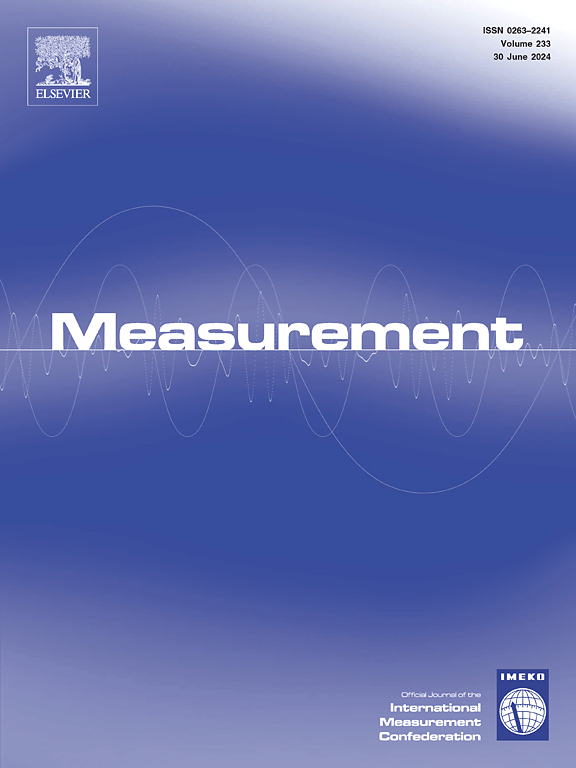Machine learning-based online parameter estimation for noise-resilient process measurements using state-dependent models
IF 5.6
2区 工程技术
Q1 ENGINEERING, MULTIDISCIPLINARY
引用次数: 0
Abstract
Measurement noise remains a critical challenge in industrial process control, often leading to inaccurate estimations, actuator wear, and degraded control performance. Traditional data reconciliation filters often rely on fixed-parameter models and require large sets of input variables, limiting their adaptability to process variations. This study addresses these limitations by introducing a noise reduction framework that combines dynamic data reconciliation with online parameter estimation, using a nonlinear state-dependent parameter (SDP) modeling approach. The proposed framework adaptively updates model parameters based on past reconciled data, enhancing robustness and accuracy under dynamic and noisy operating conditions. The method was evaluated in two case studies. In an industrial debutanizer process, the framework significantly reduced the standard deviation of manipulated variables by up to 54 %, improving control smoothness and actuator stability. In a simulated benzene–toluene distillation column, it outperformed a Refined Instrumental Variable-based Kalman Filter (RIV-KF) by reducing measurement noise by 50 %, while maintaining reliable performance under process state changes (PSC), even when unmodeled inputs varied significantly. Furthermore, the proposed filter decreased benzene concentration variability by 17 % across trays and reduced reboiler energy consumption by approximately 0.1 million kilocalories over 3.5 h. These results demonstrate the practicality of using reconciled-data-based online model adaptation for improving both measurement reliability and control efficiency in complex industrial processes.
基于状态相关模型的噪声弹性过程测量的机器学习在线参数估计
测量噪声仍然是工业过程控制中的一个关键挑战,经常导致不准确的估计,执行器磨损和控制性能下降。传统的数据协调过滤器通常依赖于固定参数模型,需要大量的输入变量,限制了它们对过程变化的适应性。本研究采用非线性状态相关参数(SDP)建模方法,引入了一种将动态数据协调与在线参数估计相结合的降噪框架,解决了这些限制。该框架基于过去的调和数据自适应更新模型参数,增强了动态和噪声工况下的鲁棒性和准确性。在两个案例研究中对该方法进行了评估。在工业脱硝过程中,该框架显著降低了操纵变量的标准偏差高达54%,提高了控制平稳性和执行器的稳定性。在模拟的苯-甲苯精馏塔中,它通过将测量噪声降低50%而优于基于精细仪器变量的卡尔曼滤波器(RIV-KF),同时在过程状态变化(PSC)下保持可靠的性能,即使未建模的输入变化很大。此外,所提出的过滤器将整个塔板的苯浓度变化率降低了17%,并在3.5小时内将再沸器的能耗降低了约10万千卡。这些结果表明,在复杂的工业过程中,使用基于协调数据的在线模型自适应可以提高测量可靠性和控制效率。
本文章由计算机程序翻译,如有差异,请以英文原文为准。
求助全文
约1分钟内获得全文
求助全文
来源期刊

Measurement
工程技术-工程:综合
CiteScore
10.20
自引率
12.50%
发文量
1589
审稿时长
12.1 months
期刊介绍:
Contributions are invited on novel achievements in all fields of measurement and instrumentation science and technology. Authors are encouraged to submit novel material, whose ultimate goal is an advancement in the state of the art of: measurement and metrology fundamentals, sensors, measurement instruments, measurement and estimation techniques, measurement data processing and fusion algorithms, evaluation procedures and methodologies for plants and industrial processes, performance analysis of systems, processes and algorithms, mathematical models for measurement-oriented purposes, distributed measurement systems in a connected world.
 求助内容:
求助内容: 应助结果提醒方式:
应助结果提醒方式:


